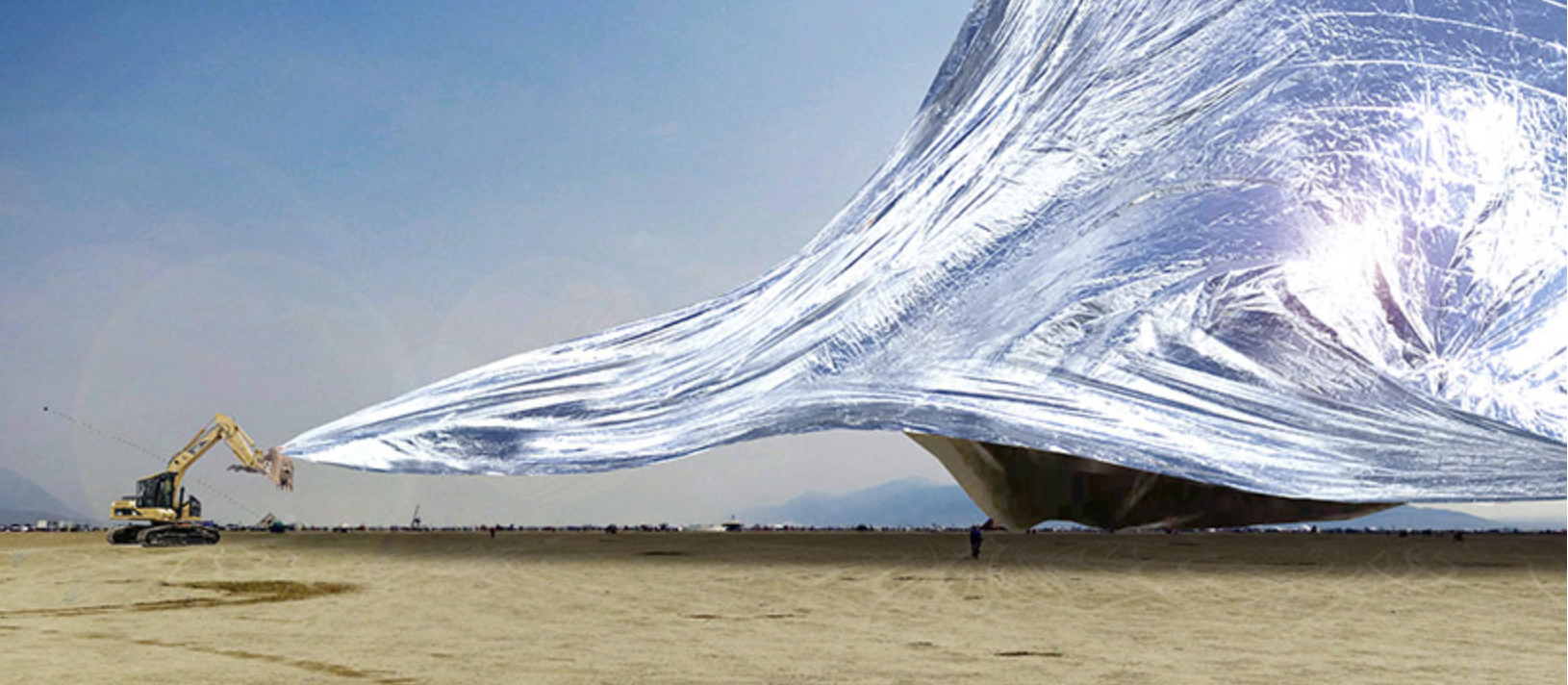Algae/Seaweed Smart Cloth: Protecting Coral Reefs and Combating Climate Change
Introduction:
Coral reefs, magnificent ecosystems renowned for their beauty and biodiversity, face unprecedented challenges caused by climate change. In the pursuit of safeguarding these fragile ecosystems and mitigating global warming, a groundbreaking solution has emerged: the Algae/Seaweed Smart Cloth. This innovative textile leverages the power of algae and smart technology to provide shading for coral reefs while allowing essential sunlight at specific times. Join us as we delve into this visionary concept and explore its potential for protecting coral reefs and combating climate change.
1. Algae/Seaweed:
Nature's Sustainable Fiber At the core of this revolutionary smart cloth lies the utilization of algae or seaweed fibers. These materials offer remarkable sustainability advantages, as they can be cultivated and harvested without excessive resource consumption or environmental harm. Their biodegradability ensures a minimal ecological footprint while providing an eco-friendly alternative to synthetic textiles.
2. Dynamic Sunlight Regulation
The smart cloth integrates advanced sensor technology to monitor environmental conditions such as sunlight intensity, temperature, and water quality. Real-time data analysis enables the cloth to dynamically adjust its shading capabilities, ensuring optimal conditions for coral reef health. When intense sunlight or elevated water temperatures threaten the reef, the cloth provides temporary shading. Conversely, it opens up during optimal periods to allow essential sunlight and facilitate the photosynthesis process vital to the reef's well-being.
3. Eco-Friendly Features and Water Purification
Beyond its shading functionality, the algae/seaweed smart cloth offers additional environmental benefits. The natural fibers act as filters, absorbing excess nutrients and pollutants from the water surrounding the reefs, aiding in water purification. Furthermore, the cloth's biodegradable nature ensures it breaks down harmlessly over time, leaving no lasting ecological impact.
4. Integration with Monitoring Systems
Seamless integration with existing reef monitoring systems allows the cloth to contribute valuable data on environmental conditions and coral reef health. Scientists, researchers, and conservation organizations can utilize this information to gain insights and make informed decisions regarding reef management and conservation efforts.
5. Advancing Research and Collaboration
To unlock the full potential of the algae/seaweed smart cloth, continuous research and collaboration among experts in material science, marine biology, and smart textile technology are crucial. Ongoing studies will refine the cloth's shading capabilities, durability, and ecological compatibility, ensuring its effectiveness and practicality on a larger scale.
6. Algae-Based Space Blankets: A Protective Solution for Coral Reefs
Similar to NASA's creation of space blankets for providing shade at events like Burning Man, the concept of algae-based space blankets holds tremendous promise for coral reef protection. Algae, as photosynthetic organisms, can produce oxygen and help cool the surrounding water. By incorporating algae into space blankets, we can develop a new type of protective covering that supports the health and thriving of coral reefs.
7. Smart Sensors: Enabling Enhanced Monitoring
Space blankets equipped with smart sensors can monitor water temperature and other environmental conditions. This data becomes invaluable in tracking coral reef health and identifying areas that require immediate protection. The sensors can trigger alerts when the water temperature reaches critical levels, enabling timely intervention.
Additional Benefits of Algae-Based Space Blankets
The use of algae-based space blankets to protect coral reefs offers several advantages:
1. Sustainability:
Algae is a renewable resource, providing a sustainable means of safeguarding coral reefs.
2. Water Quality Improvement:
Algae helps enhance water quality around coral reefs, benefiting their overall health.
3. Oxygen Production:
Algae's ability to produce oxygen helps counteract the effects of climate change on coral reefs.
Conclusion:
In summary, algae-based space blankets equipped with smart sensors have the potential to be a powerful tool for protecting coral reefs. These blankets can provide shade, cool the water, monitor reef health, and be made from
a renewable resource. This holistic approach helps mitigate the detrimental effects of climate change and ensures the long-term survival of these vital ecosystems.


